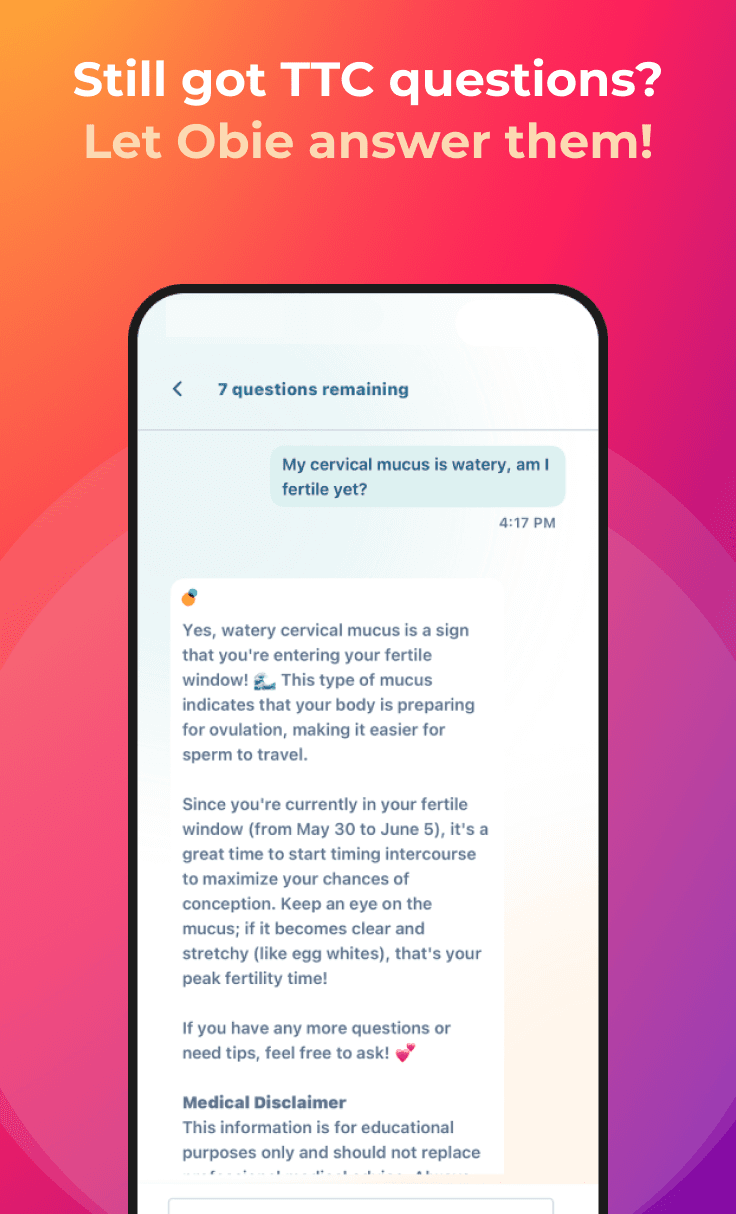Intracytoplasmic Sperm Injection ICSI: What Is It?
IVF
Obie Editorial Team

What is intracytoplasmic sperm injection (ICSI)?
Intracytoplasmic sperm injection or ICSI is a medical procedure done to improve a woman's chances of getting pregnant. ICSI is used for many etiologies (causes) of infertility — typically for "male factor infertility." It is specifically helpful when there is not enough sperm available for fertilization. ICSI is a procedure added to IVF, in-vitro fertilization when there is not enough sperm available for the IVF procedure.
How is intracytoplasmic sperm injection performed?
- First, an egg is obtained from the ovary by inserting a needle into a follicle.
- One sperm is then taken from the ejaculate and picked up with a fine, glass needle.
- A mature egg is then held with a specialized holding pipette.
- In a technique called 'micromanipulation,' the tip of the fine glass needle is then inserted through the outside of the egg (zona) and into the inside (cytoplasm) of the egg.
- The sperm is then injected into the inside of the egg.
- The egg is then placed into an incubation solution and checked the next day for evidence of fertilization.










